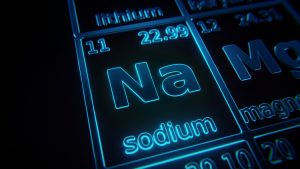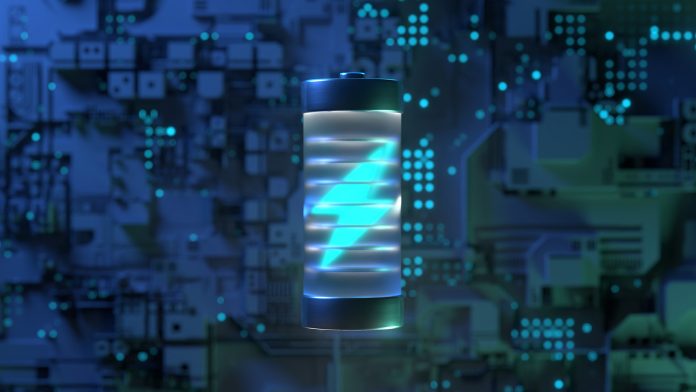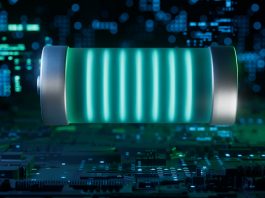In a groundbreaking advancement for energy storage technology, a team of international researchers has developed an advanced sodium battery that boasts an energy capacity four times greater than its lithium-ion battery counterparts.
Spearheaded by experts at the University of Sydney, the project has designed a new sodium battery that not only has a significantly increased energy storage capacity compared to lithium batteries but also is much cheaper the produce. The battery innovation could play a pivotal role in transitioning to a decarbonised economy.
The study, ‘Atomically Dispersed Dual-Site Cathode with a Record High Sulphur Mass Loading for High-Performance Room-Temperature Sodium–Sulphur Batteries,’ is published in Advanced Materials.
Energy storage needs are increasing exponentially
As the planet strives toward employing more environmentally friendly sources of energy to achieve climate neutrality, developing advanced energy storage technologies will be critical. A recent report from the Clean Energy Council found that in Australia in 2021, 32.5% of the country’s electricity came from clean energy sources. A further report on the Australian battery market also suggested that household energy storage is increasing, with a record 33,000 batteries installed in 2021.
Developing the most powerful sodium battery to date
The novel battery was fabricated using sodium-sulphur – a molten salt that can be processed from seawater – meaning it costs much less than sourcing lithium. Although sodium-sulphur batteries have existed for more than 50 years, they have failed to become widely used due to their low energy capacity and short life cycles.
To overcome these limitations, the researchers employed a simple pyrolysis process and carbon-based electrodes to enhance the reactivity of sulphur and the reversibility of reactions between sulphur and sodium. This resulted in the sodium battery boasting a super-high capacity and ultra-long life at room temperature.
The sodium battery is a more energy-dense and less toxic alternative to lithium-ion batteries that are used in most electronic devices and are expensive to create and recycle. The battery is designed as a high-performing alternative for large renewable energy storage systems that reduces operational costs, including electricity grids.

Dr Shenlong Zhao, the leader of the study from the University’s School of Chemical and Biomolecular Engineering, explained: “Our sodium battery has the potential to dramatically reduce costs while providing four times as much storage capacity. This is a significant breakthrough for renewable energy development, which, although it reduces costs in the long term, has had several financial barriers to entry.
“When the sun isn’t shining, and the breeze isn’t blowing, we need high-quality storage solutions that don’t cost the Earth and are easily accessible on a local or regional level. We hope that by providing a technology that reduces costs, we can sooner reach a clean energy horizon. The faster we can decarbonise – the better chances we have of capping warming.
“Storage solutions that are manufactured using plentiful resources like sodium – which can be processed from seawater – also have the potential to guarantee greater energy security more broadly and allow more countries to join the shift towards decarbonisation.”
The sodium battery has been successfully tested at the University of Sydney’s chemical engineering facility, and the team aims to improve and commercialise the Ah-level pouch cells.









